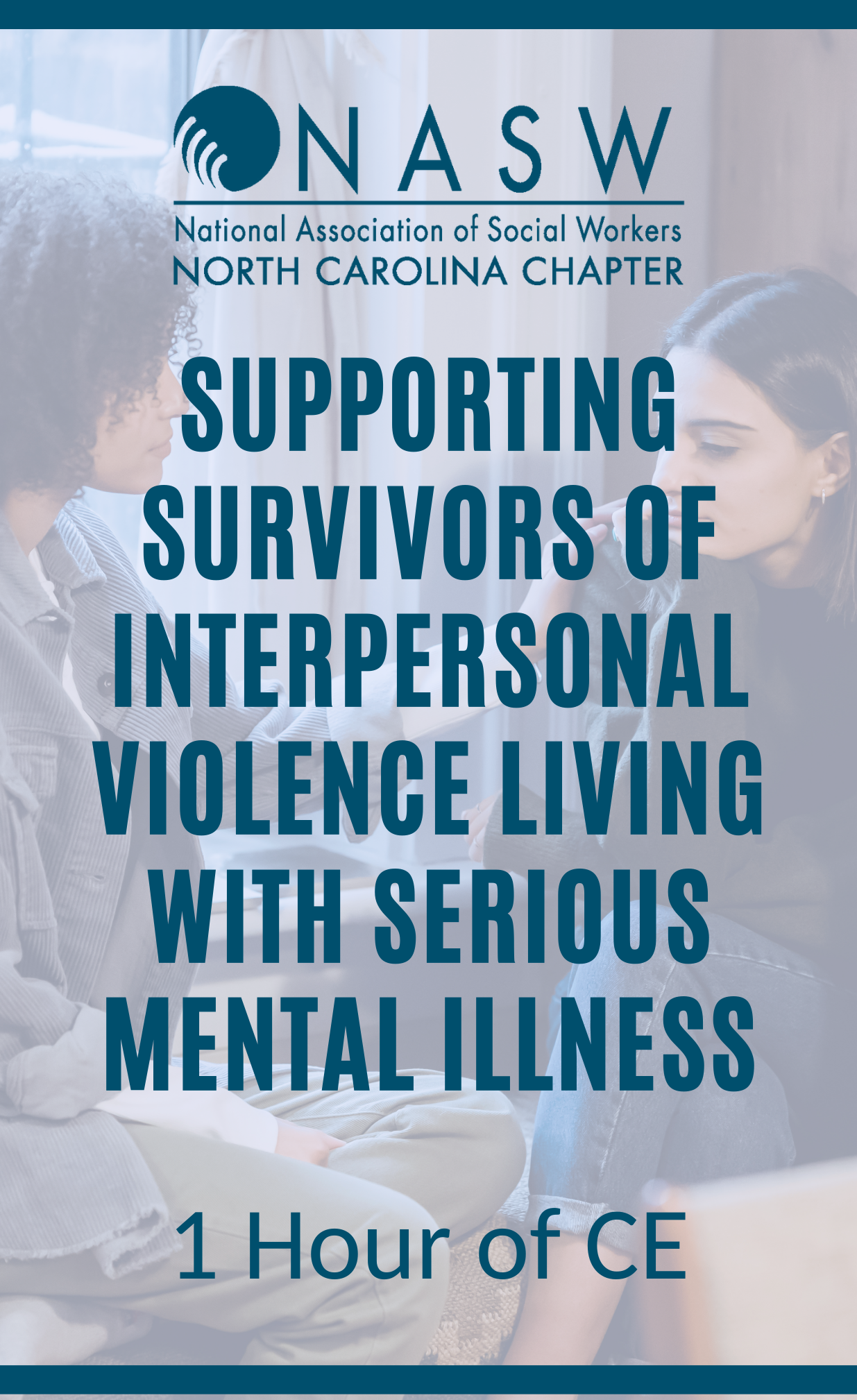Advocacy within nonprofits plays a pivotal role in shaping policies, driving change, and amplifying the voices of marginalized communities. It serves as a powerful tool for raising awareness, influencing decision-makers, and ultimately bringing about systemic transformation. In this training, we discuss the nonprofit industrial complex and how it suppresses advocacy, delve into the significance of advocacy within nonprofits, and exploring its impact on social justice, policy reform, and community empowerment. The term "nonprofit industrial complex" refers to the network of relationships between nonprofit organizations, governments, philanthropic foundations, and other entities that influence the actions and priorities of nonprofits. Many nonprofits rely heavily on funding from government grants, philanthropic foundations, and corporate donors. This dependency can lead to self-censorship and reluctance to engage in advocacy that may be perceived as controversial or critical of funders or government policies. Some funders impose restrictions on how their money can be used, including limitations on advocacy activities. The nonprofit industrial complex can co-opt grassroots movements and advocacy efforts by offering resources and funding in exchange for aligning with the priorities of funders or more mainstream agendas. This can dilute the effectiveness of advocacy and divert resources away from grassroots initiatives. The professionalization of the nonprofit sector, including the rise of career professionals and experts, can lead to a disconnect between nonprofits and the communities they serve. Nonprofits, specifically 501(c)(3) organizations, face legal and regulatory constraints that can limit their ability to engage in advocacy, such as restrictions on political activity or lobbying. These constraints can deter nonprofits from advocating for policy change or engaging in public debate. When nonprofits provide direct service, we are treating the symptoms of a much larger problem: poverty, community divestment, over policing, racism, City/State/US policy etc. When we work with people and then send them back into the harmful systems/environments, it does not get at the root of the problem. . Advocacy is about championing causes, advancing interests, and fighting for justice. Nonprofits, with their missions centered on addressing social, environmental, and economic challenges, are uniquely positioned to engage in advocacy efforts. One primary reason why advocacy is indispensable for nonprofits is its ability to amplify marginalized voices. In societies where certain groups face discrimination, oppression, or marginalization, advocacy provides a platform for these voices to be heard. By elevating the experiences and perspectives of marginalized communities, nonprofits can challenge existing power structures and work towards creating a more equitable society. Advocacy enables nonprofits to address root causes, rather than just symptoms of social problems. While direct service provision is essential for meeting immediate needs, advocacy tackles the underlying issues that perpetuate injustice and inequality. By advocating for policy changes, systemic reforms, and institutional accountability, nonprofits can address the structural barriers that hinder progress and perpetuate social inequities. Nonprofits have a role in shaping public opinion and influencing policy decisions. Through strategic communication, grassroots mobilization, and coalition building, nonprofits can sway public discourse and garner support for their causes. By engaging with policymakers, conducting research, and presenting evidence-based arguments, nonprofits can influence the development and implementation of laws, regulations, and policies that align with their missions. Advocacy fosters collaboration and solidarity within civil society. By working alongside other nonprofits, community organizations, and advocacy groups, nonprofits can amplify their impact and leverage collective strength. Through partnerships and alliances, nonprofits can pool resources, share expertise, and mobilize broader support for their advocacy initiatives. Holding governments and corporations accountable can be achieved through advocacy work in nonprofits. In an era marked by increasing corporate influence and governmental oppression, nonprofits play a crucial watchdog role, ensuring that powerful entities are held accountable for their actions. By exposing wrongdoing, advocating for transparency, and demanding accountability, nonprofits safeguard democratic principles and protect the rights of vulnerable populations. Advocacy can drive innovation and experimentation within the nonprofit sector. By challenging conventional wisdom, advocating for bold solutions, and pushing the boundaries of what is possible, nonprofits can catalyze positive change and drive innovation. Through advocacy, nonprofits can champion new ideas, pilot innovative programs, and pioneer alternative approaches to addressing complex social problems. Advocacy enhances the legitimacy and credibility of nonprofits as agents of social change. By actively engaging in advocacy efforts, nonprofits demonstrate their commitment to their missions and their willingness to fight for social justice. By speaking truth to power and standing up for the rights of the marginalized, nonprofits earn the trust and respect of their constituents, donors, and stakeholders. Communities can be empowered by nonprofit advocacy work to become agents of change in their own right. By providing tools, resources, and training, nonprofits can equip communities with the skills and knowledge they need to advocate for themselves. Through grassroots organizing, community mobilization, and leadership development, nonprofits can empower marginalized communities to assert their rights, demand accountability, and drive local change. Advocacy is essential for nonprofits because it enables them to amplify marginalized voices, address root causes, shape public opinion, hold power to account, drive innovation, enhance credibility, and empower communities. As catalysts for change, nonprofits have a moral imperative to engage in advocacy efforts that advance social justice, promote equity, and create a more just and sustainable world. By harnessing the power of advocacy, nonprofits can catalyze systemic transformation and build a more inclusive and equitable society for all. Nonprofit advocacy work can intervene within the addressed systemic issues that impact the population. This intervention can be conducted by: Determining your issue areas: what are the social justice issues and human rights violations that occur within the community you serve? Determine which representatives can be supporters or opponents of your platform: is this a partisan issue? Are current law makers and elected officials saying anything about the issues? Relationship building: working to advocate for the community entails building relationships with the people living within the community. Are there any other nonprofits, government agencies, or elected officials that can be added to your network? Legislation: are you staying up to date on legislation, council meetings etc.?

 Adding Registration, Please wait...
Adding Registration, Please wait...




